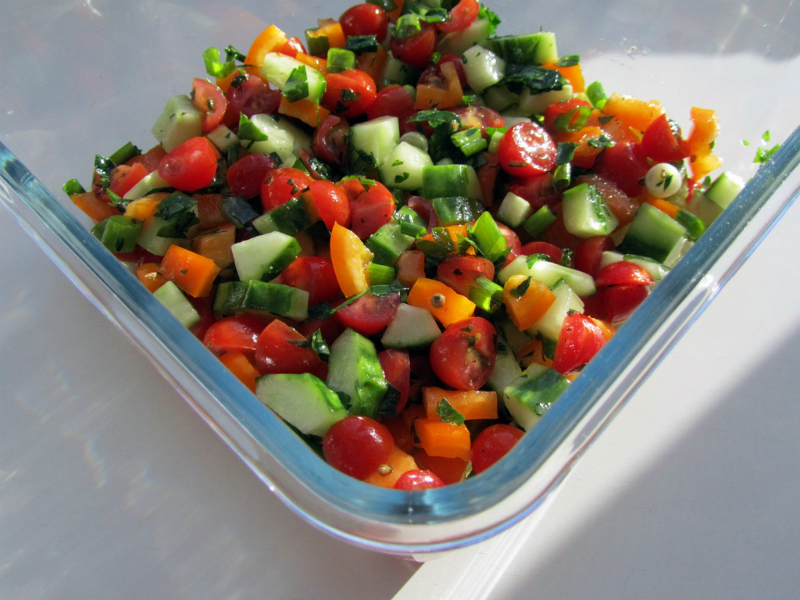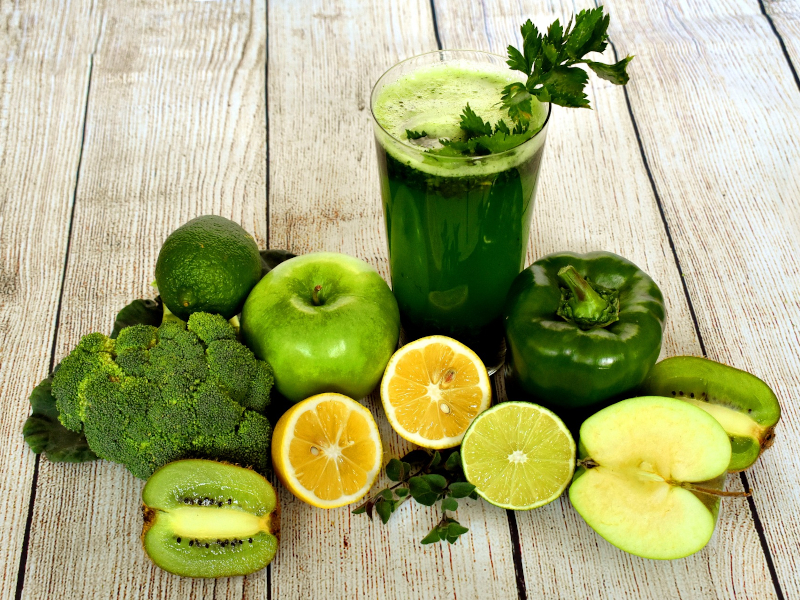In Montreal’s Hasidic community, awareness of health and nutrition has come a long way. A company called Organic Juicery is evidence of that.
Its founder and owner, Trany Hochauser, a Hasidic Montrealer, was met with skepticism when she first entered the health field. “People have this preconceived notion that Hasidim here in the community have no interest or knowledge about health and nutrition,” she says. “I am happy to have been the one to shatter those ideas.”
Hasidim brought their eating habits from Europe. As Gitta Bixenspanner – an author, lecturer and teacher – explains, “Life was different then. You ate what you had. You couldn’t afford to be picky. Today, you have a variety of foods to choose from.
“Gone are the high-fat kugels and fried chicken. We’ve replaced them with salads and grilled vegetables. Our eating has evolved,” she says.
Bixenspanner has spent the last 40 years teaching and educating younger generations of Hasidim how to live a healthy lifestyle. Articles about health and nutrition were once taboo in the community. As much as she tried, she couldn’t get them published in local and community publications. But she didn’t give up. Slowly, she broke the barrier.
“Today,” she says, “we fortunately have plenty of healthy options for a fair price. There is no reason not to explore different foods.”
READ: EATING HEALTHY THROUGH THE HOLIDAYS
Hochauser took advantage of the wealth of modern health information. She buried herself in nutrition books, to perfect her freshly squeezed juice recipes, and attended lectures delivered by nutritionists.
Organic Juicery’s products are 100 per cent natural and rich in vitamins and minerals. “Fruits and vegetables contain so many health benefits, so why not take advantage of that?” she explains.
And that is exactly what she’s done. Organic Juicery is thriving. What started as a home business has now expanded. The company is now renting a warehouse, adding items to its production list and offering delivery service throughout Montreal.
Hochauser says that there is a dearth of kosher health food in Montreal’s Hassidic community, but that this fact has helped her business. “Because there is no kosher health store here in the Hasidic community, my juices are sold in the regular grocery stores,” she explains.
“This allows people, even those who would never walk into a health food store, to come across health products when they shop for regular groceries. The juices are on the shelf, in plain sight. If it is right in front of them, they will more often reach for that healthy juice bottle.”
It’s a very different atmosphere than what came before. “There is so much new information and healthy recipes available in Jewish publications,” she says. In addition, more and more health products are being certified kosher by even stringent heksherim.

Hochauser and Bixenspanner aren’t the only Hasidic women working to spread health and nutrition awareness in the community. Malky Wieder, a Hasidic high school nutrition teacher, is also passionate about the subject.
“Teenage girls – regardless if they’re Hasidic or not – may have distorted views on food,” she notes. “I am there to educate and inform.”
Her mission is to instill proper eating habits and raise awareness around the taboo topic of eating disorders and emotional eating among teenage girls. She explains to her young students why emotional eating is usually something deeper and encourages them to reach out for help.
“My students have a difficult time coming to terms with the fact that the amount of food their bodies need is larger than what they would like to admit,” she says. “They have always believed that if they starve, they will lose weight and attain this perfect body image. I work hard every day to shatter this misconception.”
In the Hassidic community, more information is bringing more awareness, which in turn leads to healthier food choices. Wieder believes that the Hasidic community has come a long way, and there’s always more to learn.
